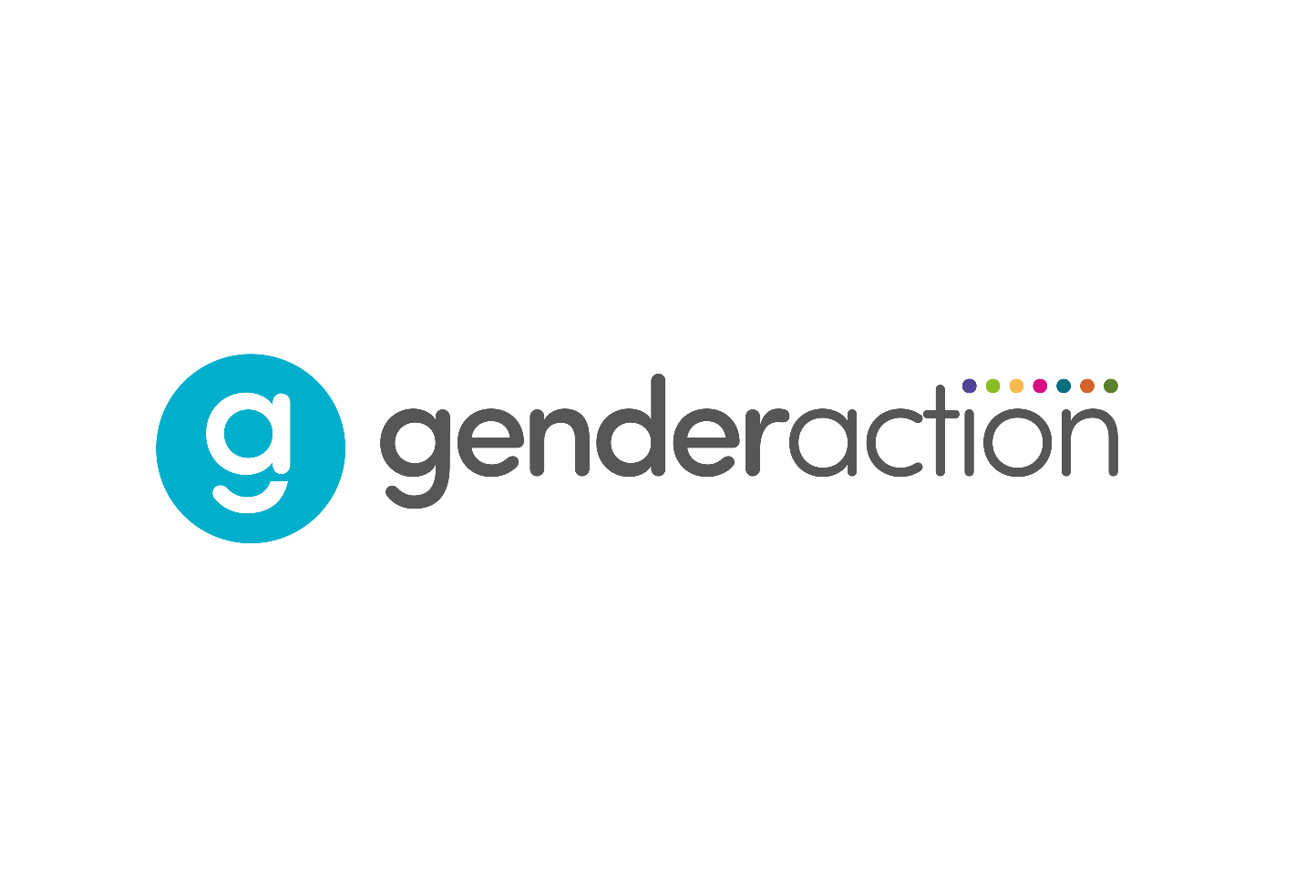The awards programme is founded by:
King’s provides world-class teaching and cutting-edge research. With over 31,000 students, it’s one of the top 10 UK universities in the world.
King’s College London
"Gender Action is an unique opportunity for King’s, our partners, and universities across London to work with local schools to tackle the gender stereotypes that too often limit young people’s horizons and prevent them from pursuing careers that might be perceived as unexpected or out of the ordinary. Young people should never be discouraged from choosing one subject over another because of their gender and I hope that this important new campaign inspires a new generation of physicists, engineers, playwrights and linguists who might otherwise have turned their back on the subjects they enjoy and are passionate about.”
Baroness Deborah Bull, Vice President & Vice Principal (London)
The Institute of Physics is a leading scientific membership society working to advance physics for the benefit of all.
Institute of Physics
"The Gender Action schools award builds on our continuing work with teachers and is a positive and unique way for schools to address the impacts of gender stereotyping - and to be recognised for their efforts.
There is no evidence to suggest that any intrinsic differences in ability or interest explain why girls and boys choose subjects differently. We know that schools can create the right environment for young people to make choices free from gendered expectations and, working with this great group of partners and the GLA, we can turn our decades of evidence into something tangible, and supportive for young people.”
Professor Dame Julia Higgins, FRS FREng CPhys Hon FinstP, President of the Institute of Physics
The UCL Institute of Education is a world-leading centre for research and teaching in education and social science. Founded in 1902, the Institute currently has more than 8,000 students and 800 staff.
University College London
"I’m delighted to be able to support this opportunity for schools to take action against gender stereotyping, and put young people at the heart of change. The IOE’s long history of research and impact in gender issues in education, and our deep partnerships with more than 600 London schools, put us in an ideal position to work alongside schools to play a leading role in ensuring that education provides equal opportunities for all.”
Professor Becky Francis, Director, UCL Institute of Education
The University Council of Modern Languages (UCML) is the overarching national organisation which represents the interests of modern languages, linguistics and cultural area studies in higher education throughout the United Kingdom, and works with corresponding bodies in other countries.
University Council of Modern Languages
"We are delighted to support this project as we recognise that gender stereotyping affects young learners across all subjects and narrows choice and aspiration. Modern languages is perceived in many quarters as a gendered subject that attracts overwhelmingly female students but we know that the benefits of multilingualism, both personally and professionally, are life enhancing and need to be promoted for all. We are, therefore, fully behind the Gender Action schools award project as it speaks to our deeply held conviction that there should be no limits or boundaries on young people’s educational achievements and imagination.”
Professor Claire Gorrara of Cardiff University, Chair of UCML
Partners:
The Development Education Centre South Yorkshire (DECSY) promotes Global Learning: an approach to education that increases understanding of complex global issues, such as world poverty, conflict, climate change, migration and thinking about how to create a better world.
DECSY
Gender Action is run by DECSY, an education charity working with schools for over 40 years to support them in developing global learning across the whole curriculum. Gender equality has been intrinsic to all of their work and has been a specific focus with their Gender Respect Project and subsequent European-wide projects to develop gender equality charter marks (GECM) for secondary and primary schools, evaluated by Universities in each country. The primary schools’ work of the Gender Respect Project has been recently published by Jessica Kingsley Publisher: Gender Equality in Primary Schools: A Guide for Teachers.
“We are delighted to be working with the consortium partners to roll out whole school development work on gender equality across the UK. We believe that a supportive framework such as Gender Action is essential to enable schools to fully engage with gender equality in all areas of school life. The overall outcome of this engagement will be that children and young people will not be limited by gender stereotypes, will be able to think critically about gender issues and will learn how to relate to each other respectfully.”
Helen Griffin and Clive Belgeonne, Global Learning Advisors and Gender Equality Leads.
The founders and DECSY now exist as consortium partners. Gender Action is managed by DECSY and the consortium partners are an advisory body, giving in-kind support, not receiving money.






